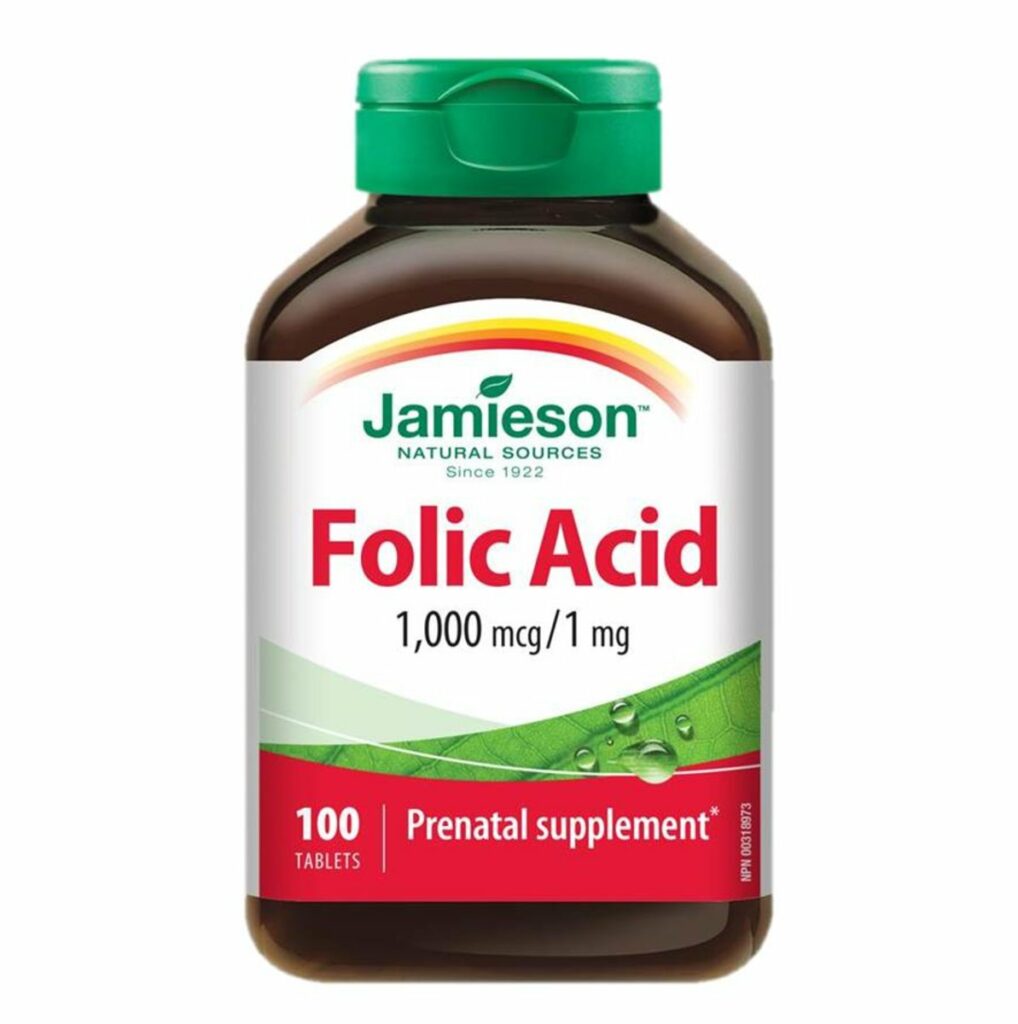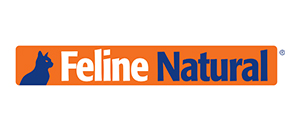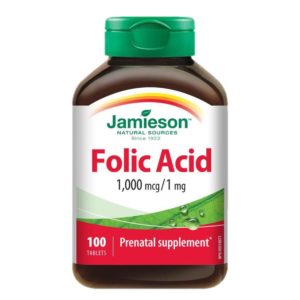
Who needs to supplement with folic acid?
When you buyhealthcare productAt that time, you might see "“folate”"Folic acid" or "vitamin B9" actually refer to the same thing. Folic acid, also known as vitamin B9, is a water-soluble B vitamin and an essential nutrient that our bodies cannot produce on their own, so we must obtain it through our diet. On the other hand, folic acid is a laboratory-synthesized dietary supplement used to add to supplements, multivitamins, and fortified foods (such as cereals and baked goods). Therefore, the only difference between metabolized folic acid (vitamin B9) and artificially synthesized folic acid is the way the nutrient enters the body.
Related reading:Dietary guidelines during pregnancy
Benefits of folic acid
The human body needs folic acid to perform some fundamental processes that keep us healthy. For example, folic acid helps the body form healthy red blood cells, which help transport oxygen and nutrients to the lungs and body tissues; they also form blood clots to prevent excessive blood loss in case of injury. Additionally, red blood cells help the kidneys and liver filter waste from the blood, purifying it. Secondly, folic acid is also crucial for cell division. Based on this, research has found that folic acid helps prevent birth defects of the nervous system. Defects occur when the neural tube connecting the mother and fetus fails to close properly. This can lead to spinal cord or brain defects in the unborn child. Therefore, it is recommended that pregnant women take folic acid during pregnancy to ensure the normal growth and development of your unborn child.

Food sources of folic acid
- Leafy green vegetables, such as cabbage, kale, spring vegetables, and spinach.
- Other vegetables include asparagus, beets, broad beans, broccoli, and Brussels sprouts.
- Meat and other animal parts, such as beef, pork, veal, chicken liver, beef liver, and pork liver.
- Wheat bread, peas, and eggs (especially chicken eggs).
- Fruits, such as avocados, raspberries, bananas, and strawberries.
- Fortified foods, such as milk, ice cream, and breakfast oatmeal.
Note: Heating can easily destroy folic acid, so when cooking foods containing folic acid, avoid eating overcooked fruits and vegetables.
People who need folic acid supplementation
Folic acid deficiency can pose certain risks to the body, such as folic acid deficiency disease and weakened immunity, and may also increase the risk of birth defects. Certain groups of people are more prone to folic acid deficiency than others, so it is recommended that they eat more folic acid-rich foods and take the recommended dose of folic acid regularly. These groups include:
1. People who do not eat foods rich in folic acid
Folic acid is found in certain types of food, especially legumes and vegetables. Therefore, people who don't eat these foods are at risk of folic acid deficiency. These individuals typically include those with unbalanced or unhealthy diets, as well as those who abuse alcohol.
2. People with poor folic acid absorption
Some people may eat foods rich in folic acid, but their bodies cannot absorb the nutrient from the food. This often happens in people with digestive system disorders, such as celiac disease. In this case, they need to take folic acid supplements to maintain healthy nutrient levels.
3. People who urinate frequently
Folic acid is a water-soluble vitamin that cannot be stored in the body for long periods, so people who urinate frequently may lose folic acid. Excessive urination is usually abnormal and may be caused by kidney failure or liver damage from alcoholism.
4. People taking certain medications
Taking certain medications can affect the body's folic acid levels or make it harder for the body to absorb folic acid. These medications include:
- Anticonvulsant
- Cholestyramine (a medication that may help stabilize cholesterol levels)
- Sulfasalazine (a drug used to treat joint discomfort)
5. Pregnant women
Folic acid supports cell division during pregnancy, thus contributing to the normal development of the fetus's brain, bones, and spinal cord. Most of the time, pregnant women cannot obtain enough folic acid from food alone, which is why doctors recommend that pregnant women take 400 mg of folic acid tablets daily until 12 weeks of pregnancy. If you are trying to conceive, you should also increase your intake of folic acid-rich foods or supplements during this period. Pregnant women with the following conditions may need to increase their daily folic acid intake:
- Pregnant women who need to pay attention to their blood sugar health;
- Pregnant women who are taking anticonvulsants;
- There are pregnant women who are taking HIV antiretroviral drugs.
How to take folic acid supplements
Folic acid supplements can be taken by both children and adults. You can purchase them from pharmacies or online health platforms such as GogoHerbs. Folic acid supplements are usually sold in tablet or liquid form. Sometimes folic acid is used alone or in combination with other vitamins and minerals (multivitamin and mineral supplements). Below are the recommended dosages of folic acid for different groups of people:
| crowd | age | Daily dosage/mg |
| child | 1-3 | 55 |
| child | 4-6 | 75 |
| child | 7-9 | 85 |
| adolescents | 10-12 | 170 |
| adolescents | 13-15 | 180 |
| adolescents | 16-18 | 200 |
| a male | 18 years and older | 280 |
| female | 18 years and older | 240 |
| Pregnant women | 18 years and older | 400 |
| Breastfeeding women | 18 years and older | 480 |
| a male | 60 years and older | 320 |
| female | 60 years and older | 300 |
Please note: If your child is under 12 months old, your doctor will calculate the correct dosage based on your child's weight. Folic acid can be taken with or without food. If your doctor has prescribed folic acid, please take it as directed. If you have any questions about folic acid, be sure to consult your doctor or a licensed pharmacist.
Related Post:
Related Products:
-
Unichi – Teddi Lab® Apple Cider Vinegar Bear Gummies Apple Lemon Flavour 60 Capsules
Original price was: $150.00.$105.00Current price is: $105.00. Add to basket -
BLACKMORES – Activated Calcium Tablets + Magnesium + Vitamin D3 200 Tablets
Original price was: $150.00.$118.00Current price is: $118.00. Add to basket







































































